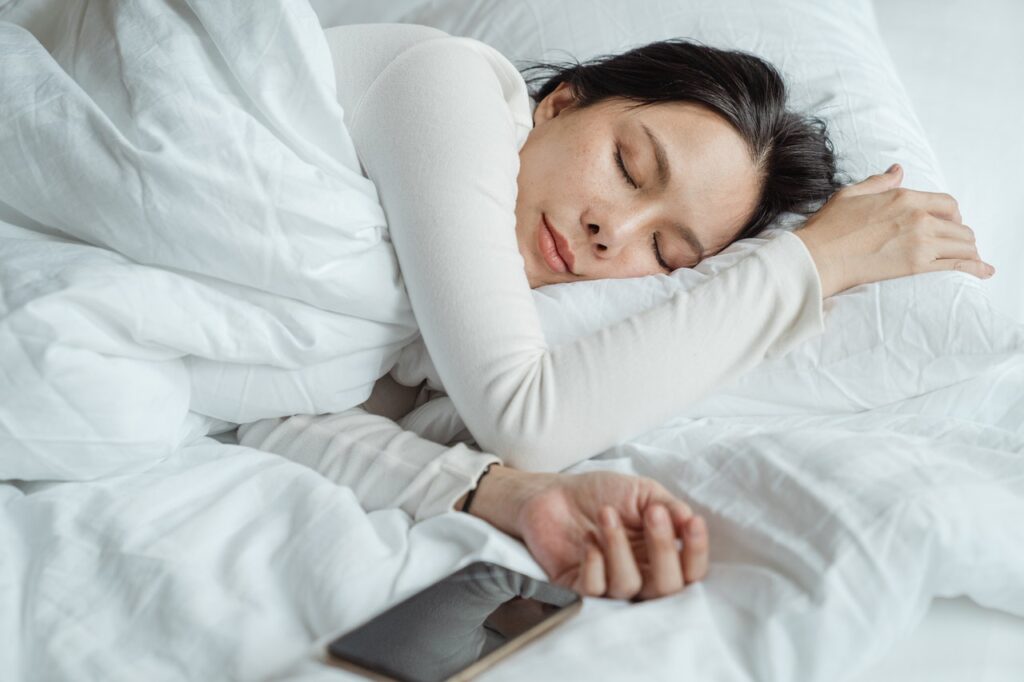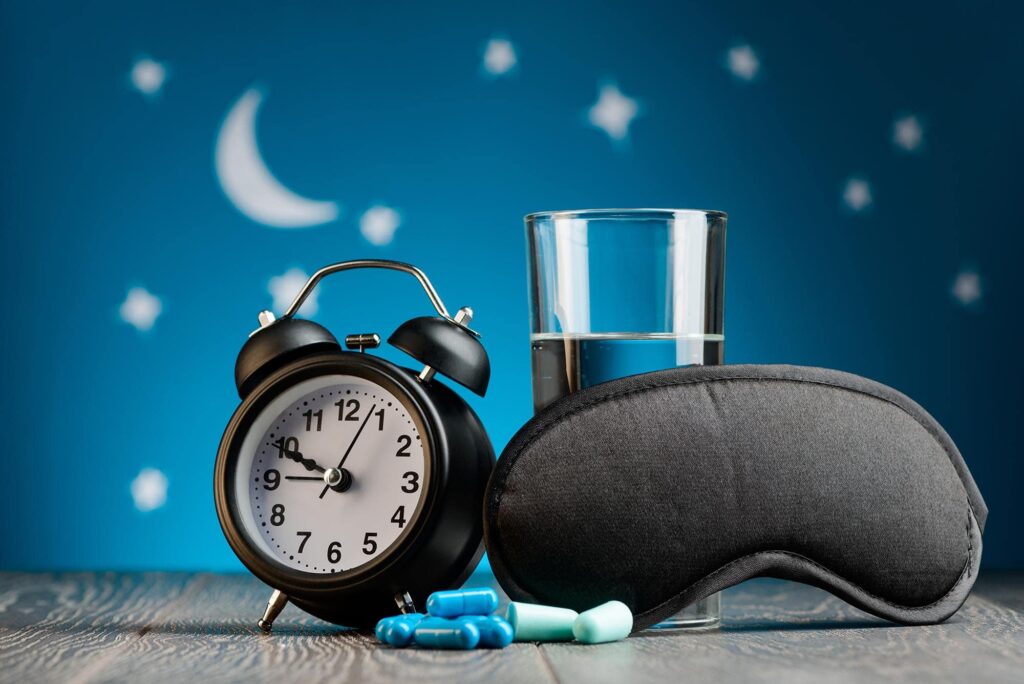A good night’s sleep is indispensable to achieving good sleep hygiene for sound health and a healthy lifestyle. One must recognize the need for close monitoring of one’s health from the direction of sleep after the food we eat. While there is a need for a balanced diet exercising, there is an equal need for sound sleep. The quality and quantity of sleep may vary from one person to another. We can also draw some general requirements of sleep.
For example, an adult may need between 7 to 9 hours of sleep each night. A low percentage of people get enough sleep worldwide due to different factors. The chief reason is the nature of their jobs amidst others. But clearly, sleep deprivation puts not only sleep hygiene but also the entire health condition at risk. It is therefore imperative to place a priority on one’s sleep and also protect it daily. Click here for the basic principles of an excellent sleep hygiene.
Below are the top reasons you need to get more sleep if you hope to achieve massive success with your sleep hygiene.
Your level of sleep is related to your body weight
The amount of sleep you get and the same quality can determine your body weight. As proof, many research studies have shown that sleeping for less than 7 hours is a risk of gaining more weight. As a result, the body mass index (BMI) may arise, and we may tend toward obesity when it persists.
For example, research in 2020 showed that adults who sleep for less than 7 hours have a 41% risk factor for developing obesity. Meanwhile, in those who slept for more than 7 hours, there was no additional risk of obesity observed. Many factors may contribute to weight gain due to sleeplessnesses, such as hormones and the will to exercise.
If a person has not slept well, the mind may not be nourished for the strength to exercise. In addition, the body may feel too heavy to hit the gym and do the needful. And the higher these tendencies, the higher the body accrues and stores weight. In addition, when a person is deprived of sleep, the body secretes ghrelin and reduces leptin secretion.

Ghrelin is the hormone responsible for the feeling of hunger. At the same time, leptin initiates our process of knowing when we are filled. But this process can be disrupted by lack of sleep, and the person may overeat because he feels hungrier and cannot realize when he is full.
Sleep better to concentrate and produce more
Nearly all the aspects of the brain depend on rest and sleep to work at the maximum level. For example, failure to build vital sleep hygiene may lead to loss of cognition, productivity level, concentration, focus, and performance. Moreover, specific studies have also shown that the more a professional works, the higher their tendency to make errors. As for physicians, these medical errors can be grievous regarding life and death issues.
Another research showed that good sleep could show that better sleep hygiene can lead to higher problem-solving skills. It can also enhance memory performance in both children and adults. Similarly, if you get enough sleep, you can perform better in academics, work, thinking, creativity, and performance. This concept can work for adolescents, children, full-grown adults, and young adults.
Sleep can affect athletic performance too
Sleep does not only affect cognitive ability. It also enhances psychomotor skills for excellent physical performance. It can influence an athlete’s muscular power, endurance, problem-solving, creativity, and reaction or response time skills. On the other hand, the lack of sleep or insufficient sleep deprives us of these things and increases the risk of injuries.
In addition, it may lower the athlete’s motivation to exercise. So, part of the recuperating efforts or training for an athlete aside from food is to rest well and practice effective sleep hygiene.

Sleep strengthens the heart
The level of strength in your heart muscles and its ability to circulate fluid all over your body lies in sound sleep. Low quality and quantity of sleep may increase the tendency to develop heart disease or infection. Nineteen studies were conducted on sleep in selected individuals, and a report was filed. The report showed that those who slept for less than 7 hours every day had a 13% higher risk of death due to heart disease.
As a result, short sleep can cause a high blood pressure risk, especially in patients with apnea. In the case of obstructive sleep apnea, patients may experience some interrupted breathing while sleeping. Moreover, another study has established this in people who slept less than 5 hours each night. These have as high as 61% risk of high blood pressure than those with 7 hours of sleep.
Type 2 Diabetes and Sugar metabolism
There can be an increased level of type 2 diabetes and insulin resistance for sugar metabolism due to insufficient sleep. Sleep deprivation as part of poor sleep hygiene can lead to physiological changes such as lowered insulin insensitivity and effectiveness. It can also lead to hormone imbalance, high inflammation, insulin sensitivity, and behavioral changes. Lack of good sleep can also lead to increased obesity and metabolic syndrome risk.
Conclusion
Finally, besides nutrition and exercise, good sleep hygiene is another aspect of a lengthy and healthy lifestyle. It lies in your power to control your health by preventing the quantity and quality of your sleep. Moreover, the lack of sleep may also relate to the other adverse effects and diseases of the heart, body, mind, and brain, even physiological changes. Also, you can endeavor to give priority to all your physical and psychological activities. Explore all the benefits of proper sleep hygiene and get the best out of life while living it to the fullest.

